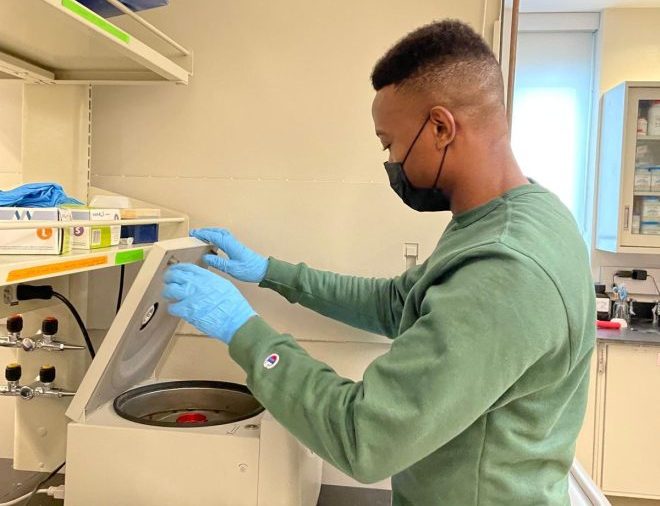In the global fight against antimicrobial resistance (AMR), researchers are uncovering the critical role that wastewater treatment plants (WWTPs) play in the dissemination of resistant bacteria and genes in the environment. Idowu Kayode Okeshola, a researcher specialising in environmental AMR transmission, is at the forefront of this investigation, studying how WWTPs contribute to the spread of drug-resistant pathogens in both rural and urban watersheds.
Leveraging advanced molecular and microbiological techniques, Idowu examines how AMR persists and evolves in wastewater systems, despite conventional treatment processes. “Our findings suggest that WWTPs, while essential for reducing pollutants, also act as reservoirs and conduits for antimicrobial-resistant bacteria and resistance genes, facilitating their release into natural water bodies,” Idowu explains.
Recent studies have revealed that resistant bacteria can survive and even thrive in WWTPs, with resistance genes being transferred between microbial communities in treated effluent and biosolids. Idowu’s research aims to identify the specific treatment inefficiencies that allow AMR to persist, with the goal of improving wastewater management strategies.
A critical aspect of this work involves assessing the impact of environmental factors such as nutrient loads, chemical pollutants, and salinity on AMR propagation in watersheds. “We are finding that salinisation, driven by factors like road salt runoff and industrial discharge, may create conditions that enhance the survival and spread of resistant bacteria,” Idowu notes. This emerging area of research underscores the complex interplay between human activity, environmental change, and public health.
Beyond laboratory analysis, Idowu collaborates with wastewater facilities and environmental agencies to develop strategies for mitigating AMR spread. By integrating metagenomic sequencing, quantitative PCR, and other high-throughput techniques, their research provides a comprehensive view of how resistance genes travel through wastewater systems and enter drinking water supplies, agricultural irrigation, and aquatic ecosystems. “The public health implications are significant,” Idowu warns. “If AMR continues to spread unchecked through wastewater discharge, we risk increasing human and animal exposure to infections that no longer respond to existing treatments.”
The long-term goal of this research is to inform policy changes that strengthen wastewater treatment protocols, including the potential adoption of advanced treatment technologies like ozonation, membrane filtration, and biological degradation methods to target resistant bacteria more effectively.
With an impressive record of publications and ongoing collaborations, Idowu’s work is bringing much-needed attention to an overlooked yet critical component of the AMR crisis. Their research highlights the urgent need for a multidisciplinary approach to addressing AMR, one that incorporates microbiology, engineering, environmental science, and public health. As the world grapples with rising antibiotic resistance, understanding and mitigating the role of WWTPs in AMR dissemination is more important than ever. Researchers such as Idowu are leading the charge, ensuring that scientific advancements translate into real-world solutions for safeguarding water quality and global health.






